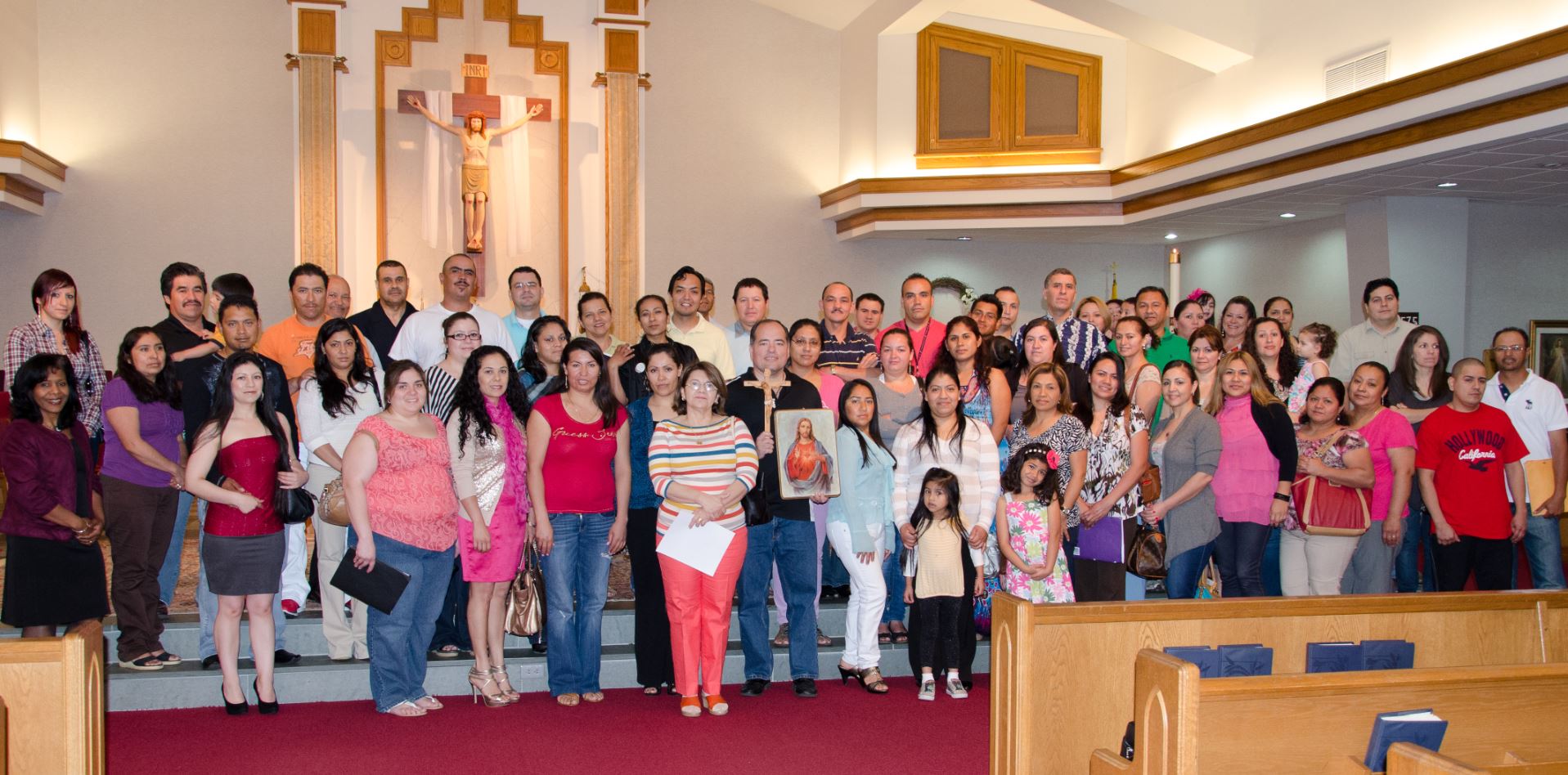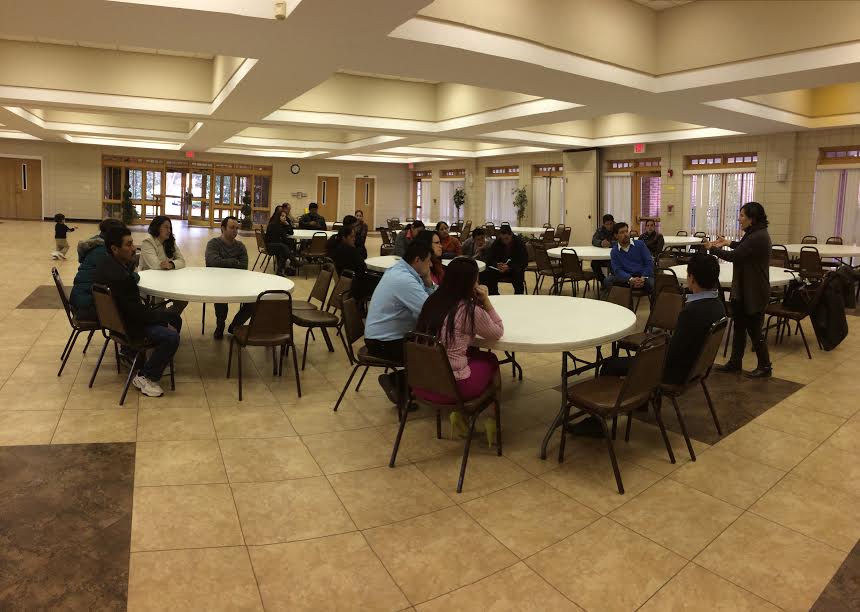Is First Communion a Tradition or a Conviction Among Latinos?
Mar 12, 2015 by Veronica Mena
Parents shop for their boys fine attire and the perfect dress for girls - sometimes so fancy that it looks like an early wedding ceremony! There is nothing wrong with that unless we lose sight of the real meaning and think that it is all about la fiestecita.
So, there is a question: is First Communion just a tradition, or a religious conviction?
By definition, tradition is the transmission of customs and beliefs from generation to generation, especially by word of mouth or by practice. Conviction is a strong belief or opinion. In this context, conviction represents your faith, which is "the realization of what is hoped for and evidence of things not seen" (Hebrews 11:1).
Catholic by Tradition
Celebrating First Communion may be a tradition for some people, and being Catholic is only an inherited religion for them. This is when this sacrament is celebrated by tradition and not by conviction that comes from following the precepts of the Catholic Church which helps the Christian throughout his life.
 A group of parents that attended the Spanish Catechism classes at St Vincent de Paul, Charlotte, NC.
A group of parents that attended the Spanish Catechism classes at St Vincent de Paul, Charlotte, NC.Parents' Conviction
Parents need to be aware of the responsibility on their hands. According to Decree of the Sacred Congregation of the Discipline of the Sacraments on First Communion, 1910:
“Those who have charge of the children should zealously see to it that after their First Communion these children frequently approach the Holy Table, even daily if possible, as Jesus Christ and Mother Church desire, and let this be done with a devotion becoming their age. They must also bear in mind that very grave duty which obliged them to have the children attend the public Catechism classes; if this is not done, then they must supply religious instruction in some other way”.
When First Communion is Not Just for Children
I attend Mass at St. Vincent de Paul parish in Charlotte, NC, where they request that parents receive catechism classes as part of the program for First Communion. In a survey aimed at parents attending clases de catecismo, one parent said that the last Catholic book that she or he read was about 20 years ago. That last time was for their First Holy Communion.
Many parents think, "Do I have to go to these classes?"
I met a mother once who wanted her child to receive this Sacrament, but because she had to attend catechism classes for a year as part of the requirement established by her local parish, her response was — "Nooo pues, qué pereza!" She was planning a vacation to her native country in South America, and she decided instead to celebrate her son's First Communion there and do more of a so-called First Communion express! In the end, there were no classes for her and just a few for her child.
 Parishioners attending a First Communion catechism class for parents at St. Vincent de Paul parish in Charlotte, NC.
Parishioners attending a First Communion catechism class for parents at St. Vincent de Paul parish in Charlotte, NC.The cardinal rule for parents teaching faith to children
Children and parents' training is essential. There is no such thing that First Communion is just for kids. According to Aida Tamayo—Director of Faith Formation at St. Vincent de Paul, Charlotte, NC—families face difficult moral and cultural changes that we find in today's modern society. Many parents have a lack of knowledge of the faith to help their children in this area and, therefore, it is part of the school curriculum to offer classes for parents — escuela para padres — while their children attend catechism classes on Sundays.
One catechist has said: "I feel mostly the lack of testimony in the family. Just a few weeks before their First Communion and not all the children attend Sunday Mass." Parents have a great obligation to bring their children to Mass. Those children that God put in our care ( y que vamos a tener que rendir cuentas de ellos también).
When children have not been taught about the Catholic faith, many parishes require that parents must be enrolled in Faith Formation programs for at least two years. In other words: ¡Hay que ponerse al día!
Conclusion
If we are rooted in our faith, we can turn a tradition into a conviction. If children are not guided at an early age, they may be lost later. Many mistakes might be done without proper teaching. The example begins at home, and children learn from parents by observing what they do more than what they say.

Parents need to be role models for their children. To look for spiritual education is just as necessary as the way we look for information about news, career, fashion, etc. Otherwise, the Holy Sacrament will be just another tradition stored and unused along with the First Communion outfit.
Children don't know enough yet, but they might thank you later.





